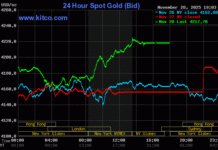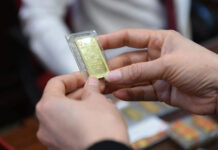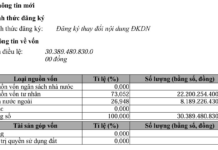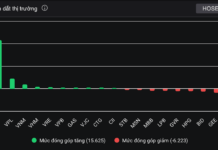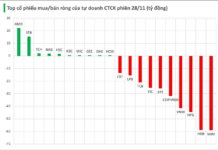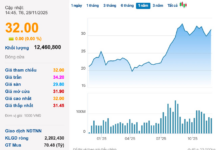In a bid to strengthen its grip on its biggest overseas market, Apple CEO Tim Cook visited China last month, where he inaugurated the company’s eighth retail store in the country. Videos posted on his Weibo account showed him being mobbed by fans at the new store opening in Shanghai’s Jing’an district, taking selfies on iPhones with famous models, and enjoying a stroll along the historic Shanghai Bund.
“Every time I come to China, I’m struck by its unique energy. Thank you all for the very warm welcome,” Cook wrote in his social media posts.
But the Apple CEO was perhaps grappling with a major headache in China when he posted those videos last month: iPhone sales in the country have been falling alarmingly — down 24% in the first six weeks of the year compared to the same period a year ago, according to data from Counterpoint Research.
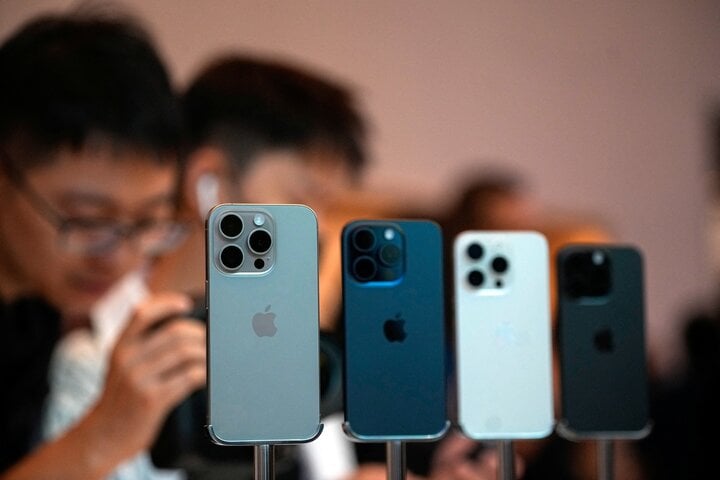
With strong and affordable options available from domestic manufacturers, Chinese consumers have less reason to buy iPhones. (Photo: Reuters)
And despite Apple’s characteristically slick PR offensive, the company’s upcoming earnings could be hit by an even more serious threat.
Who is the most dangerous threat?
On April 18, Huawei launched its new flagship phone series, the P70. It boasts an advanced new camera system that looks similar to the triple-lens setup on the back of the iPhone Pro models, and starts at just $760.
But it was Huawei’s “magic moment” immediately afterward that will have sent shivers down the spines of Apple and its rivals: Within just one minute of going on sale via livestream on the company’s online store, Huawei had sold out of its top-of-the-range P70 Ultra and P70 Pro devices.
The P70 series is seen as giving Huawei a renewed opportunity to grab a bigger slice of the smartphone market from Apple in the world’s largest market. The company has been winning back fans since the launch of its Mate 60 Pro last year.
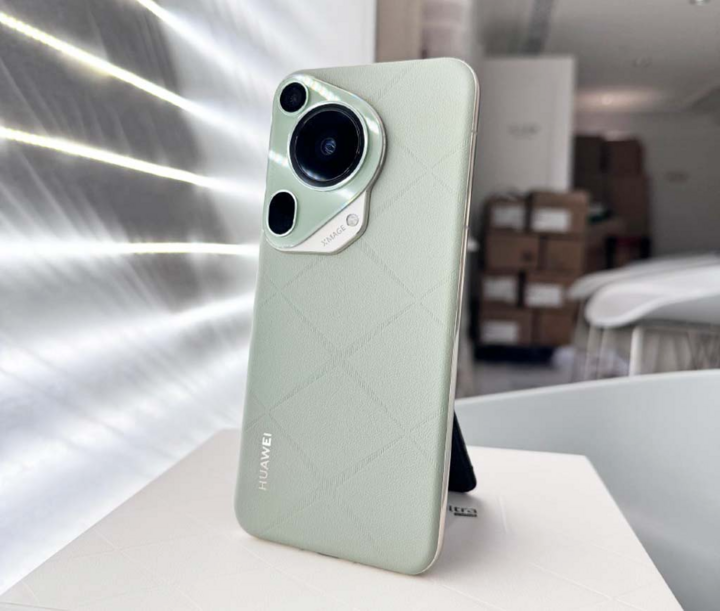
The Huawei P70 series has been selling like hotcakes since its launch in China. (Photo: Huawei Central)
The Mate 60 Pro uses Huawei’s own domestically produced chips, which have helped it gain ground in China by offering features that rival those on the iPhone. Those are now expected to feature in the new P70 devices too, according to Reuters.
Counterpoint estimates that Huawei’s smartphone shipments grew by 64% in the first six weeks of the year. The P70 series could extend that momentum. Ivan Lam, a senior analyst at Counterpoint, told Reuters that Huawei could nearly double its smartphone shipments this year to 60 million units.
That is not what Apple will want to hear.
China has been one of its most important international markets for years, but it is increasingly under threat from domestic rivals that can appeal to local consumers with devices that look and feel similar to iPhones.
Apple is losing ground to domestic competition in China. Revenue from Greater China fell to $20.8 billion in the three months to the end of last year, down from $23.9 billion in the same period of 2022.
And to add to the pressure, analysts at Wedbush wrote last week that Apple is facing “significant smartphone demand headwinds” in China. They predicted that iPhone sales in the region will decline when Apple reports its quarterly earnings on May 2.






